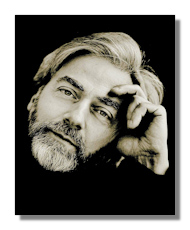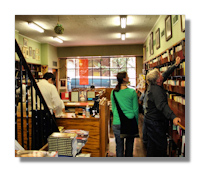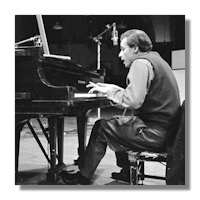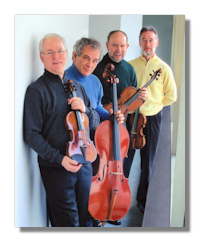
Krystian Zimerman's controversial appearance at Disney Hall
By Mark Swed
In 1978, an unknown, soft-spoken, 21-year-old Polish pianist appeared as soloist with the Los Angeles Philharmonic for its newly appointed music director, Carlo Maria Giulini, in the Dorothy Chandler Pavilion. The performances of Chopin's two piano concertos were recorded by Deutsche Grammophon. Krystian Zimerman's eloquence went far beyond his years, and a major career was launched.
In the '80s, Zimerman became Leonard Bernstein's favorite pianist, the conductor's choice to record the Beethoven and Brahms piano concertos. In 1992, the summer before Esa-Pekka Salonen became music director of the L.A. Philharmonic, he selected Zimerman to perform with the orchestra at the Salzburg Festival.
And now, Sunday, making his Disney Hall debut in a recital sponsored by the Philharmonic, Zimerman, who has become arguably the greatest pianist of his generation, made the surprise and shocking announcement from the stage that in protest to America's military policies overseas and particularly in Poland, he would no longer perform in the United States.
Read more about this at the Los Angeles Times website:


















